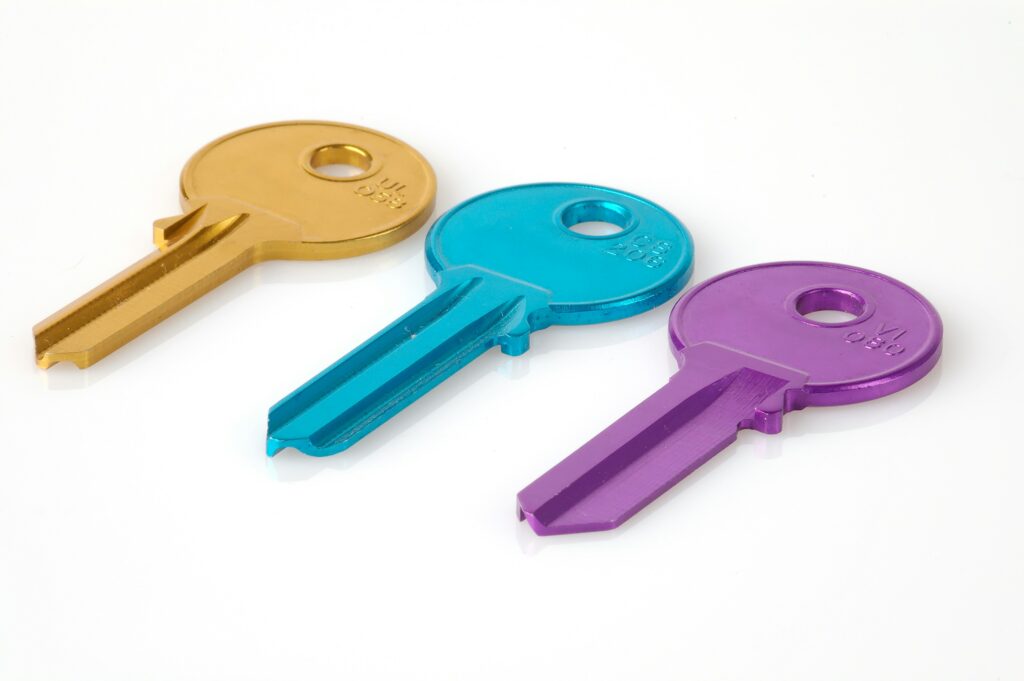The pharmaceutical industry in the Philippines is highly competitive, with companies jostling for market share and negotiating deals with healthcare providers. Negotiation and strategy are essential skills for sales professionals in the industry as they navigate complex deals and high-stakes negotiations for contracts. To succeed, sales professionals must be equipped with effective negotiation techniques that can help them close deals and build lasting relationships with clients.
Pharma sales negotiation techniques in the Philippines can vary depending on the company, product, and client involved. However, some general principles can help sales professionals negotiate more effectively. These include understanding the client’s needs and priorities, preparing thoroughly before negotiations, and maintaining a positive and collaborative attitude with negotiating parties. By adopting these techniques, sales professionals can build trust with clients and negotiating parties and increase their chances of closing successful deals.
Understanding the Pharma Market in the Philippines
The pharmaceutical market in the Philippines is a rapidly growing industry driven by imports, with multinational companies dominating the market. The Food and Drug Administration (FDA) establishes the country’s regulatory environment, which regulates the registration, sales professional marketing, and distribution of pharmaceutical products in the Philippines.
Regulatory Environment
The FDA is responsible for ensuring pharmaceutical products’ safety, efficacy, and quality in the Philippines. It is also responsible for monitoring pharmaceutical companies’ compliance with the regulations and guidelines set by the agency. The FDA conducts inspections and audits of pharmaceutical companies to ensure they follow the regulations and policies.
The regulatory environment in the Philippines is considered relatively strict, focusing on ensuring the safety and efficacy of pharmaceutical products. Companies that fail to comply with the regulations and guidelines set by the FDA may face penalties, including fines and suspension or revocation of their licenses.
Market Dynamics
The pharmaceutical market in the Philippines is driven by imports, with multinational companies dominating the market. According to GlobalData, the pharmaceutical market in the Philippines was valued at $3.3 billion in 2020 and is expected to grow at a CAGR of more than 1% from 2017 to 2026. The market is primarily driven by the demand for branded drugs, which account for the majority of pharmaceutical sales in the country.
Sales agreement negotiation techniques in the Philippines pharmaceutical market can be influenced by factors such as regulatory compliance, market competition, price and demand for branded drugs. Pharmaceutical sales professionals need to understand the regulatory environment and market dynamics in the Philippines to negotiate sales deals effectively.
Key Sales Negotiation Strategies

Negotiation is a crucial aspect of pharma sales in the Philippines. The ability to negotiate effectively can make or break a deal. Here are some key sales negotiation strategies that can help sales reps close more deals:
Building Relationships
Building relationships is key to successful pharma sales negotiation. Sales reps must take the time to get to know their clients and build rapport with them. This involves understanding their needs, priorities, and communication styles.
One effective way to build relationships is to attend networking events, parties, and conferences. This allows sales reps to meet potential clients and build relationships by meeting with them more relaxed. Another way to build relationships is to provide value to clients by sharing relevant industry information or offering solutions to their problems.
Understanding Client Needs
Understanding client needs is essential to successful pharma sales negotiation. Sales reps must take the time to understand the client’s business, goals, and pain points. This involves asking questions and actively listening to their responses during discussions.
One effective way to understand client needs is to conduct a needs analysis. This involves asking questions about their business, challenges, and goals. This information can then be used to tailor the sales pitch and negotiate more effectively.
Effective Communication
Effective communication is crucial to successful pharma sales negotiation. Sales reps must be prepared to communicate and sell their value proposition clearly and concisely. This involves using clear and simple language, avoiding jargon, and focusing on the product or service’s benefits.
One effective way to communicate effectively is to use visual aids such as charts and graphs. This can help illustrate the benefits of the buyer, product, or service and make the negotiation more engaging.
The Philippines ‘ sales and marketing training programs can help sales reps develop these key negotiation strategies. These programs provide training in negotiation skills, relationship building, and effective communication. By investing in training, sales reps can improve their negotiation skills and confidence to close more deals.
Developing a Skilled Sales Force

To succeed in the highly competitive pharmaceutical industry in the Philippines, having a skilled sales force is essential. This section will discuss two key aspects of developing a skilled sales force: Recruitment and Training and Development.
Recruitment
Recruiting the right people is the first step in building a skilled salesperson in force. When recruiting sales representatives, pharmaceutical companies and brands should look for candidates with strong communication and interpersonal skills and a solid understanding of the pharmaceutical industry.
Pharmaceutical companies should also consider implementing a sales and marketing training program in the Philippines to attract and develop top talent. Such a program can help candidates gain the necessary knowledge and skills to succeed in the industry. Additionally, companies should consider partnering with local universities and colleges to identify potential candidates and provide them with internships and job opportunities.
Training and Development
Once sales representatives are recruited, sales professionals must provide them with continuous training and development opportunities. This will help them stay up-to-date with industry trends and innovations and improve their sales skills.
Pharmaceutical companies should provide their sales representatives with a comprehensive training program covering product knowledge, sales techniques, and customer relationship management. Companies should also consider providing their sales representatives with ongoing coaching and mentoring to help them improve their performance.
In addition to traditional training methods, companies should also consider using technology to provide their sales representatives with additional training and development opportunities. This can include e-learning platforms, webinars, and online training modules.
Overall, developing a skilled sales force is essential for success in the Philippines’ pharmaceutical industry. By recruiting the right people and providing them with continuous training and development opportunities, pharmaceutical companies can build a strong and confident sales force that can thrive in the dynamic and competitive industry.
Leveraging Technology in Pharma Sales
Technology has revolutionized the way pharmaceutical companies operate and interact with their customers. By leveraging technology, pharma sales reps in the Philippines can improve their sales performance and stay ahead of the competition. In this section, we’ll explore two key technologies that can help pharma sales reps in the Philippines: CRM systems and data analytics.
CRM Systems
Customer Relationship Management (CRM) systems are software tools that help sales reps manage their interactions with prospects and customers. Using a CRM system, pharma sales reps in the Philippines can track customer interactions, manage their sales pipeline, and improve their sales forecasting.
CRM systems also provide valuable insights into customer behavior and preferences. By analyzing customer data, sales reps can identify trends and patterns that can help them tailor their sales pitch to the customer’s needs. This can help improve the customer experience and increase sales.
Data Analytics
Data analytics is another key technology that can help pharma sales teams and reps in the Philippines. The sales team and reps can gain valuable insights into customer behavior and preferences by analyzing customer data. This can help them tailor their sales pitch to the customer’s needs and increase their chances of selling.
Data analytics can also help pharma sales reps identify new sales opportunities. By analyzing customer data, sales reps can identify customers most likely to buy their products and target them with personalized marketing campaigns. This can help improve the ROI of marketing campaigns and increase sales.
In conclusion, by leveraging technology, pharma and sales managers and reps in the Philippines can improve their sales performance and stay ahead of the competition. CRM systems and data analytics are key technologies that can help pharma and sales managers and reps manage their interactions with customers, gain valuable insights into customer behavior and preferences, and identify new sales opportunities.

